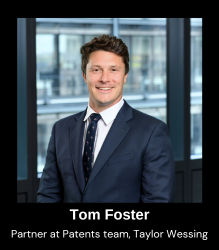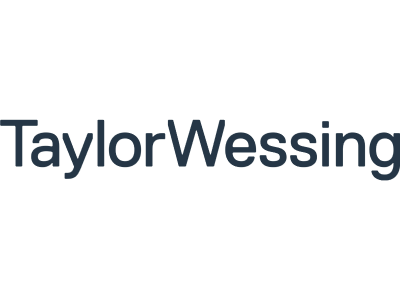 On 27 April 2023 the European Commission presented its proposal for a new regulatory framework for the licensing of standard essential patents (SEPs) in the EU.
On 27 April 2023 the European Commission presented its proposal for a new regulatory framework for the licensing of standard essential patents (SEPs) in the EU.
The draft regulation seeks to ‘(i) make available detailed information on SEPs and existing FRAND terms and conditions to facilitate licensing negotiations, (ii) raise awareness of SEP licensing in the value chain and (iii) provide for an alternative dispute resolution mechanism for setting FRAND terms and conditions’.
SEPs
Standard Essential Patents (SEPs) are patents covering standardized technology. SEPs have for some years been the subject of heavy political and legal debate between those who own the technology (SEP owners) and those who use the technology (so-called ‘implementers’, such as mobile phone manufacturers).
The reason for this is that SEP owners may only recover fair, reasonable and non-discriminatory (FRAND) royalties under an SEP, as part of the bargain for having their patented technology included in the standard, and because implementers will, in theory, necessarily infringe all SEPs relevant to any given standard by implementing that standard in their products.
The standards that typically achieve most attention in this regard are wireless technologies such as 4G and 5G, which are mostly implemented in mobile telephones and (more recently) in automobiles and will become prevalent in other applications with the emergence of the IoT.
The draft regulation
The SEP licensing and enforcement framework is expected to be significantly reformed if the draft proposal is put into force.
The proposed reforms include new mandatory processes for registering SEPs, whereby SEP owners are required to register SEPs at the EUIPO within six months of the EUIPO creating an entry in its register for the relevant standard, or (if later) within six months of the SEP’s grant.
Failure to register an SEP within the required time constrains the SEP owner’s ability to recover damages for infringement during the period of non-registration. An SEP that remains unregistered may not be enforced in an EU Member State.
SEP owners would also be required to notify and agree an aggregate royalty for all SEPs covering a standard, with the option of assistance from the EUIPO or a non-binding expert opinion.
Such ‘top-down’ approaches to calculating royalties are often deployed in litigation but have received limited approval from national courts. The theory is that the aggregate royalty is divided between all SEP owners based on the proportion of the total SEPs they each own.
Implementers often accuse SEP owners of ‘over declaring’ patents as SEPs, to increase their individual share of the aggregate royalty stack.
To tackle this issue, the regulation introduces ‘essentiality checks’, which involve an evaluation by the EUIPO of whether any claim of a patent is in fact assessed to be essential to the relevant standard.
There is currently no fully harmonized legal standard for assessing essentiality throughout the EU and the draft regulation does not specify how the checks will be done. It instead states that within 18 months after the regulation enters into force, the detailed methodology will be determined by the Commission.
Another procedure introduced in the draft regulation is that upon the request of an SEP owner or implementer, the EUIPO may make determinations of the FRAND royalty amounts payable under SEPs.
One of the more controversial aspects of the draft regulation is that an SEP owner must initiate such a FRAND determination prior to initiating an SEP infringement claim. SEP owners often accuse implementers of holding out from making royalty payments until the time at which the threat of an injunction becomes real, and there is concern that this requirement will lengthen delay.
The draft regulation provides that before a FRAND determination can be carried out by the EUIPO, an SEP owner may request a ‘provisional injunction of a financial nature’. It remains to be seen what this would involve.
Implementation
The draft regulation will receive significant industry attention now it has been formally released. Indeed the European Telecommunications Standards Institute has already asked the Commission to reconsider its proposals.
As the regulation will not be applied until 24 months after entering into force, heavy lobbying from both sides of the SEP licensing industry is expected to continue.
Written by Tom Foster, Partner at Patents team, Taylor Wessing
| MORE NEWS | | WRITE FOR OUR NEWSLETTER |











